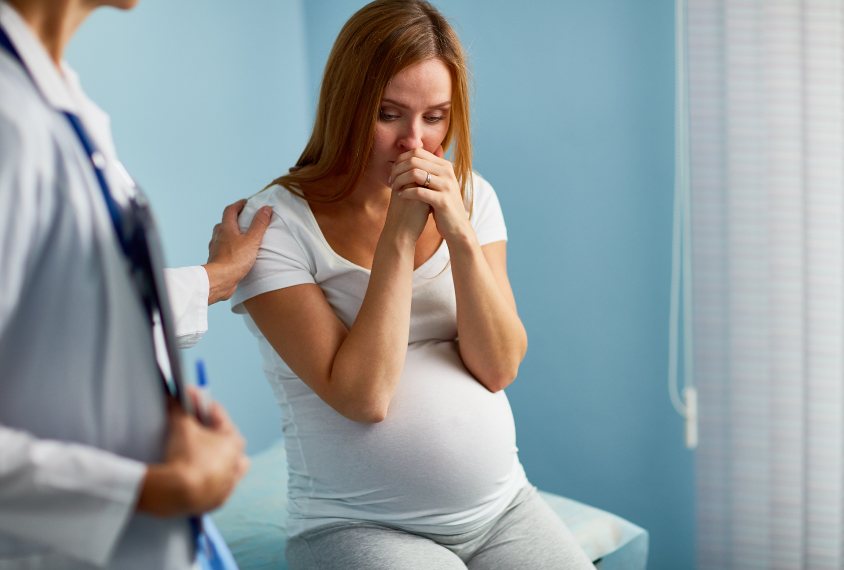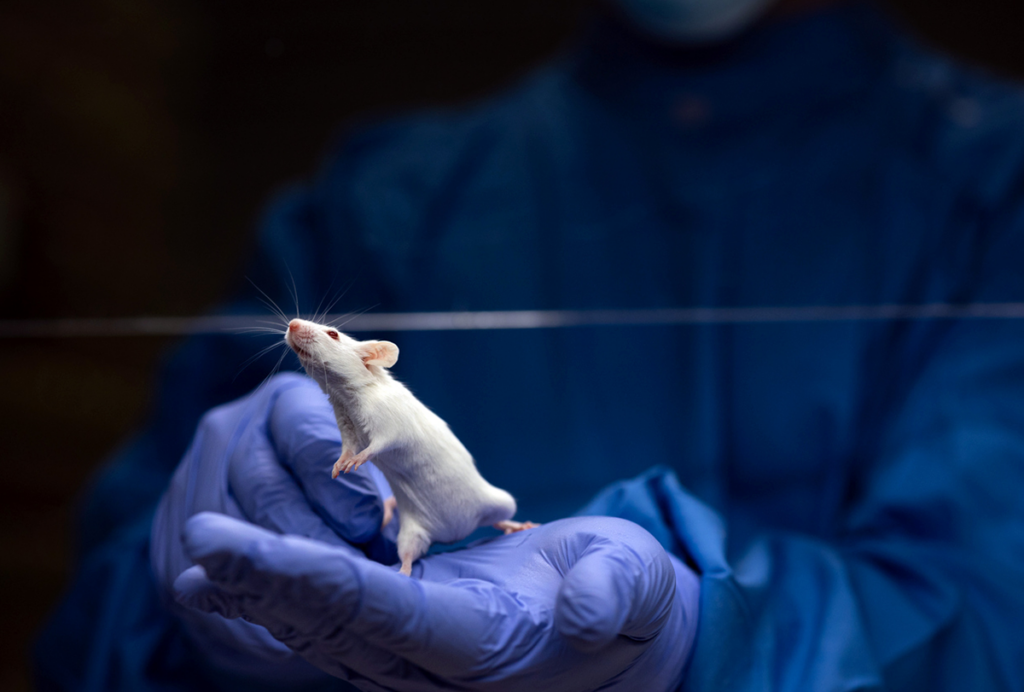
Trio of studies cast doubt on link between autism, antidepressants
Increased autism risk among children exposed to antidepressants in utero may be related less to the medications than to the mothers’ depression.
Increased autism risk among children exposed to antidepressants in utero may be related less to the medications than to the mothers’ depression1,2.
The findings, from two papers published today, provide the most convincing evidence to date that antidepressants do not raise autism risk.
“We will never be able to say that antidepressants taken during pregnancy have zero risk, because we can never conduct a study with that level of certainty,” says lead investigator Simone Vigod, assistant professor of psychiatry at Women’s College Hospital in Toronto, Canada. “But these studies together give a pretty reassuring message to women who have depression and require these medications that the risk of taking the medication is really relatively low.”
Vigod led one of three new studies exploring antidepressant use and autism risk. Epidemiological studies published since 2011 have suggested that taking antidepressants during pregnancy increases a woman’s risk of having a child with autism. But it has been difficult to tease out whether the drugs or some other factor associated with antidepressant use, such as depression in the mother, contribute to autism.
Two of the new studies, published today in the Journal of the American Medical Association (JAMA), found that a pregnant woman’s antidepressant use seems to increase autism risk in her child. But when the researchers rigorously accounted for potential confounders, including the mother’s mental health diagnoses, age at delivery, and education, the association disappeared.
“The link is probably driven by a confluence of other factors,” Vigod says. It’s unclear what those factors are, she says, but the mother’s depression, anxiety or certain lifestyle factors may play a role.
A third study, published yesterday in JAMA Pediatrics, reviewed 10 studies examining the link between antidepressants and autism, published between 2011 and 2016. It, too, found that taking a woman’s mental health history into account weakens the association between antidepressant use during pregnancy and autism risk in her child3.
Similar siblings:
The two studies published today also compared autism risk in children exposed to antidepressants with risk in their unexposed siblings. This strategy allows researchers to subtract the effect of genetic and environmental factors that are likely to be similar among siblings.
Both studies revealed that the unexposed siblings have an autism risk that is equal to that of their exposed siblings.
“This is a powerful design for separating correlation from causation,” says Edwin Cook, professor of psychiatry at the University of Illinois at Chicago, who was not involved in the new studies. “Obviously, siblings are not exposed to exactly the same risk factors, but much of what they are exposed to is similar.”
To parse the many differences between women who used antidepressants while pregnant and those who did not, the studies relied on sophisticated statistical methods.
Vigod and her colleagues looked at medical data for 35,906 births in Ontario, Canada, between 2002 and 2010. In about 8 percent, or 2,837, of pregnancies, children were exposed to antidepressants that raise the levels of the chemical messenger serotonin. These children were twice as likely as the other children to be diagnosed with autism.
But this association disappeared when the researchers controlled for 500 characteristics, including the mothers’ education level, age at delivery and health history.
This approach allowed Vigod’s team to better match subsets of women who used antidepressants with those who didn’t, based on their characteristics. “Beforehand, we were comparing apples to oranges; now we are leveling the playing field and comparing apples to apples,” Vigod says.
Family ties:
In the second study, an independent team looked at data from 1,580,629 Swedish children born between 1996 and 2012.
Among children exposed to antidepressants in the first trimester of pregnancy, 5.28 percent were later diagnosed with autism, compared with 2.14 percent of unexposed children. Children exposed to antidepressants were also more than twice as likely to be diagnosed with attention deficit hyperactivity disorder (ADHD).
Controlling for maternal and paternal traits weakened these associations. What’s more, the exposed children were at the same risk for autism and ADHD as their unexposed siblings. This finding suggests that genetic risk factors, familial environmental factors, or a combination of the two may account for the link.
The study also revealed that children of women who stopped using antidepressants when they became pregnant were as likely as the exposed children to develop autism or ADHD. The same is true of children whose fathers used antidepressants during their partners’ pregnancies. Many studies have suggested that common genetic factors underlie the occurrence of both depression and autism in families.
“All of these suggest that it’s not the exposure during pregnancy but other factors that explain why these children are more likely to have autism,” says lead researcher Brian D’Onofrio, professor of psychological and brain sciences at Indiana University in Bloomington.
None of the studies rule out the possibility that antidepressants have a small effect on autism risk.
“There are still lots of questions relating to antidepressants and autism,” D’Onofrio says. “We don’t know much about other types of antidepressants, and we still need to know more about the timing of exposure to antidepressants during stages of pregnancy.”
On the other hand, severe depression can have serious implications for a woman and her baby. Overall, the researchers say that an increase in autism risk, if it exists, is relatively small, and smaller than originally estimated.
References:
Recommended reading

New organoid atlas unveils four neurodevelopmental signatures

Glutamate receptors, mRNA transcripts and SYNGAP1; and more

Among brain changes studied in autism, spotlight shifts to subcortex
Explore more from The Transmitter

Psychedelics research in rodents has a behavior problem
Can neuroscientists decode memories solely from a map of synaptic connections?
